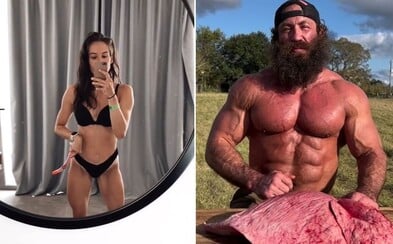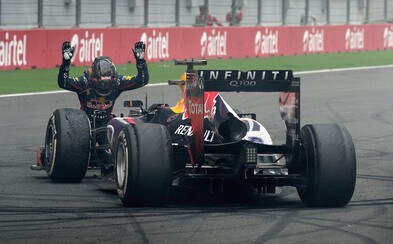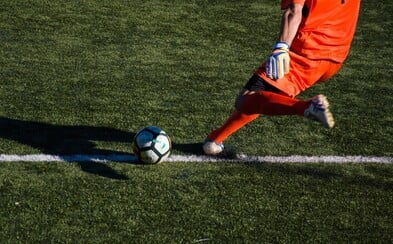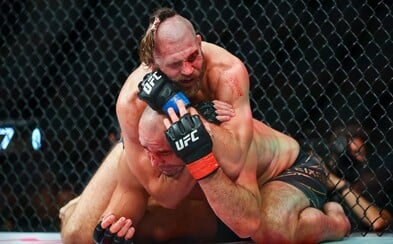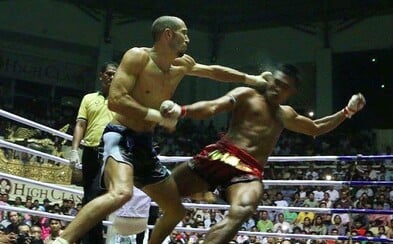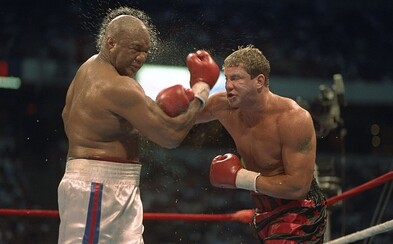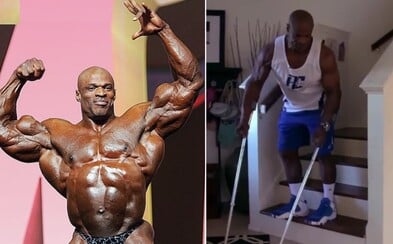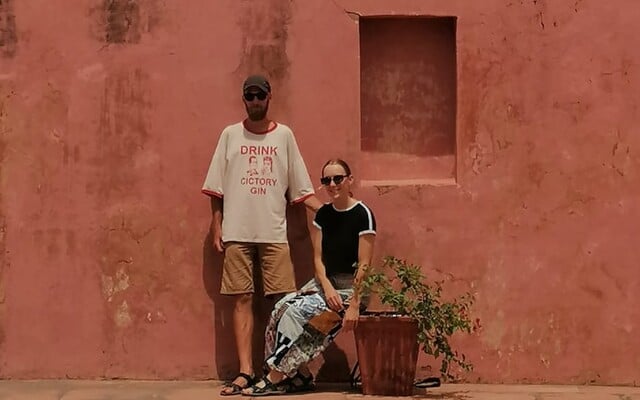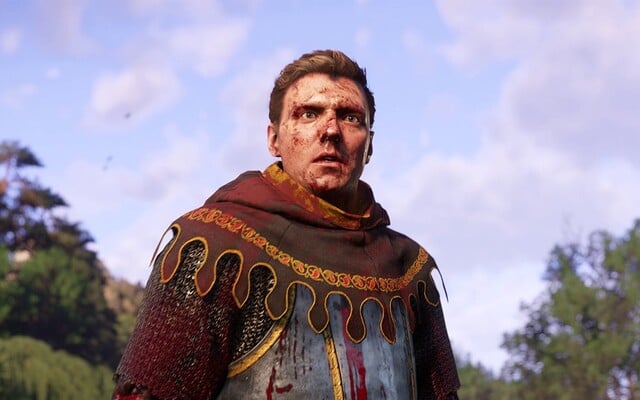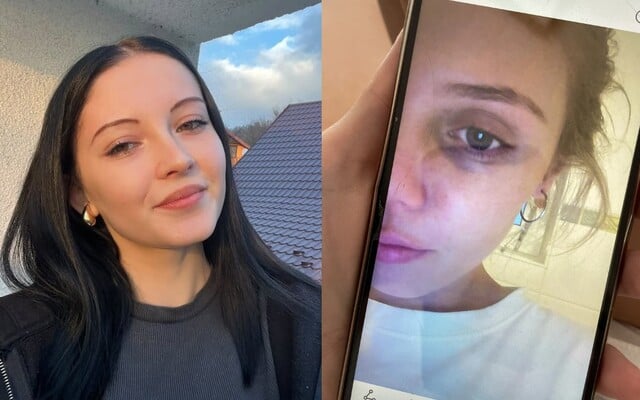 The Return Of Conor McGregor, Jon Jones Or Ivan Buchinger. The Most Anticipated MMA Fights Of 2023
The Return Of Conor McGregor, Jon Jones Or Ivan Buchinger. The Most Anticipated MMA Fights Of 2023
The Return Of Conor McGregor, Jon Jones Or Ivan Buchinger. The Most Anticipated MMA Fights Of 2023
The Return Of Conor McGregor, Jon Jones Or Ivan Buchinger. The Most Anticipated MMA Fights Of 2023
Barbora Krejčíková: Family Is The Key. Not Only In Sport, But In Life.
Interview with Barbora Krejčíková about her beginnings, mental health in tennis, motivation and family support.
If problems persis, please contact administrator.

Tennis player Barbora Krejčíková experienced the season of her dreams last year. She became the winner of the French Open in singles, and the she won doubles, together with Kateřina Siniaková. Together, they won the first Olympic gold medals in tennis for the Czech Republic. Barbora Krejčíková second in the WTA rankings. How does she feel about defending her grand slam triumph? Can an opponent throw her off? And why does she think the Czech women's tennis is so successful? She told us that and much more in an exclusive interview.
For me, you are proof that you can be a No.1 in tennis in the Czech Republic even if you have a modest background. You write, that for the first few years you played tennis just against the wall in the school gym. Do you feel the satisfaction from making it to where you are?
That is was it was like back then, and in order to be pursue the sport, I had to adapt and work my way up. I never took it for granted and I appreciate that I had the opportunity at all and that I could play.
I have a feeling that last year everyone saw you as a doubles specialist. Last season was a breakthrough in singles for you. What is it like for you now to hear the title of world number two in singles?
It's nice and I'm glad I don't have that doubles specialist sticker anymore and I hope to never have it again. I'm glad that I started to succeed in singles, because I always wished to play singles well.
In one of the interviews after the French Open, I was intrigued by your story of how you struggled with nervousness during matches, and that you and your psychologist wrote down the sentences you said during the matches on a piece of paper.
It's true. I was the most nervous in the last rounds of the French Open, so we had to dig a little deeper there.
Are you still nervous before your matches?
Of course, I'm nervous before the matches, but I think that's the case with every athlete who cares about the outcome, not just within the tennis industry. I think I'm nervous in the right way, and usually, once I start playing, I just focus on the best performance.
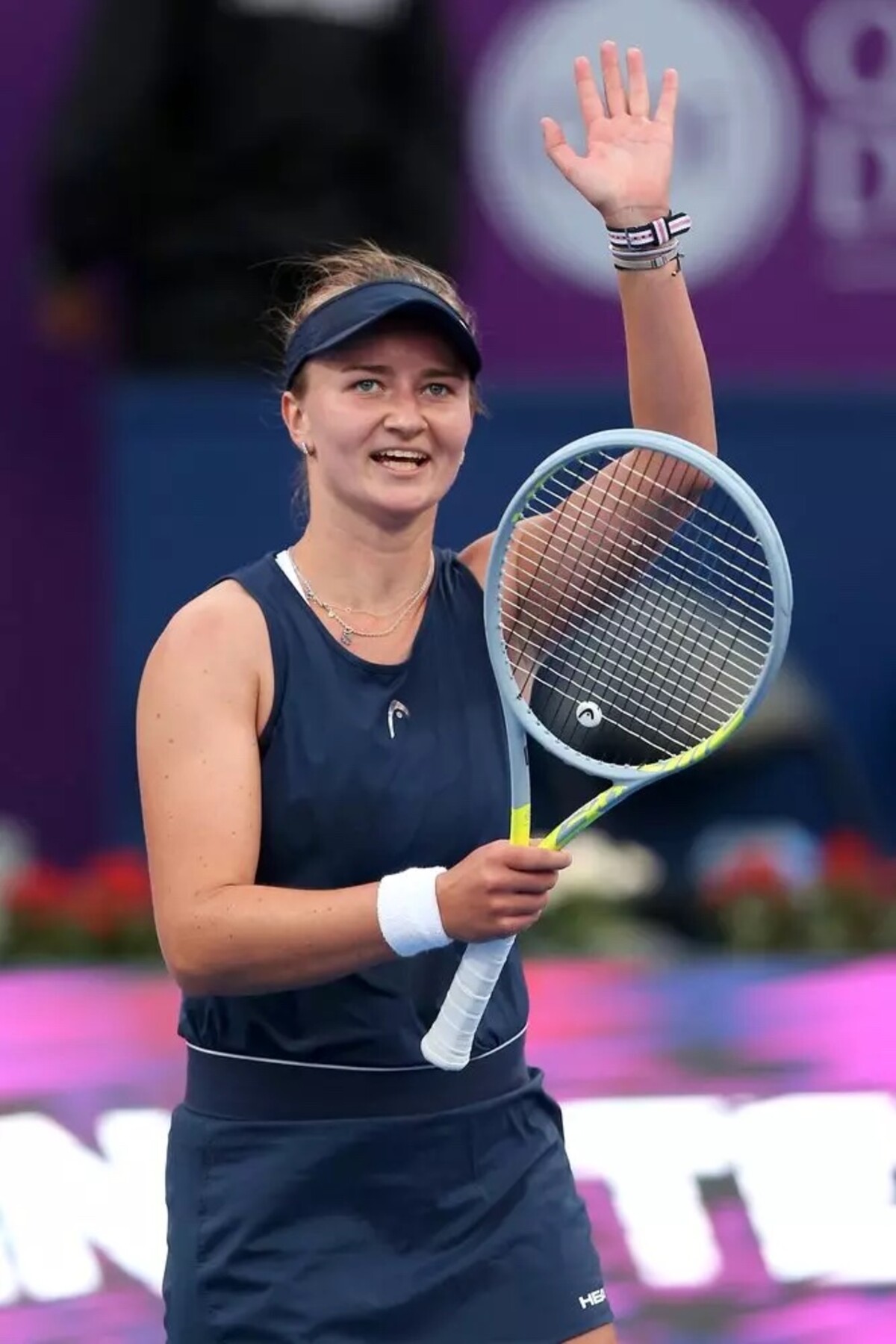
For a lot of people, myself included, you come off as very confident, when you're on the court. Is there anything your opponent can throw at you, that can shakes you?
Probably not. I've played a lot of matches in my career. Even as a junior, I went through situations in which my opponent tried to throw me off. I try to concentrate on myself, and when my opponent is deliberately trying to upset me, on the contrary, I say to myself, keep trying, and even more so, so it won't bring me down.
Are you aware the fact that you represent the Czech Republic during the match, or do you manage to put it aside and focus on your performance?
Of course I have it somewhere in me. But during the match, one does not focus on where they are from or who is looking at her, they try not to perceive media pressure and other things around them. I focus on the game. I try to use my biggest weapons to win the match.
In connection with this, I have the question about how you deal with hateful comments on social media. A few years ago, Barbora Strýcová shared her experience, she was even threatened. How do you feel about this?
In my opinion, similar message come to all of us, not just athletes. It's part of today's age of Internet and social media, where anyone can write anything. Taking it from my point of view, I took it quite personally at the beginning and I was quite upset. I even responded to few people. I either read it and ignore it, or I try to let it make me stronger. I take this as an incentive to try harder, fight more, and show the authors of these hateful messages, that they are wrong.
How did you get used to the attention of journalists, which has certainly increased a lot in the last year? Do you appreciate the attention, or is it a burden for you?
That's pretty hard. On the one hand, it's good to have a voice and talk about something. On the other hand, it occurs to me that even though the media is interested, I still try to keep a wall around me, not letting some external perceptions influence me. I focus on myself. I try to enjoy the attention, even though the media pressure is there now and everyone expects me to just win all the time. But I am a realist, I know what is possible and what is not. Sometimes it hurts, but I try not to take anything personally and I go my own way, and do my thing as I did before.
Mental health is a big topic in women's tennis. It has been brought up in recent years by Naomi Osaka. Ashley Barty, who recently ended her career, also spoke about mental health problems. Where do do feel the biggest pressure?
We all experience stress, but everyone copes with it differently. It is difficult even for people who are not under such scrutiny. It is worse for the tennis players, that everyone watches, and it is all over the media when, for example, they fail. It's difficult, a lot of people don't see it and they don't know what you're going through. Various stories are out there and it my not be pleasant to read such things about yourself. It is very difficult to deal with all of this.
Do you understand Naomi Osaka and her decision not to go to press conferences for mental health reasons? Or does it simply come hand in hand with this profession?
I think it's part of our sport. It is clear that everyone is more comfortable going to a press conference after winning. When they loses, it's challenging. But at the end of the day, it's just tennis, just sports. There are more important things than tennis, for example, health.
Have you ever experienced a moment in your career, when you thought, you would quit tennis?
Fortunately, not yet. I like tennis and I play it, because I enjoy it.
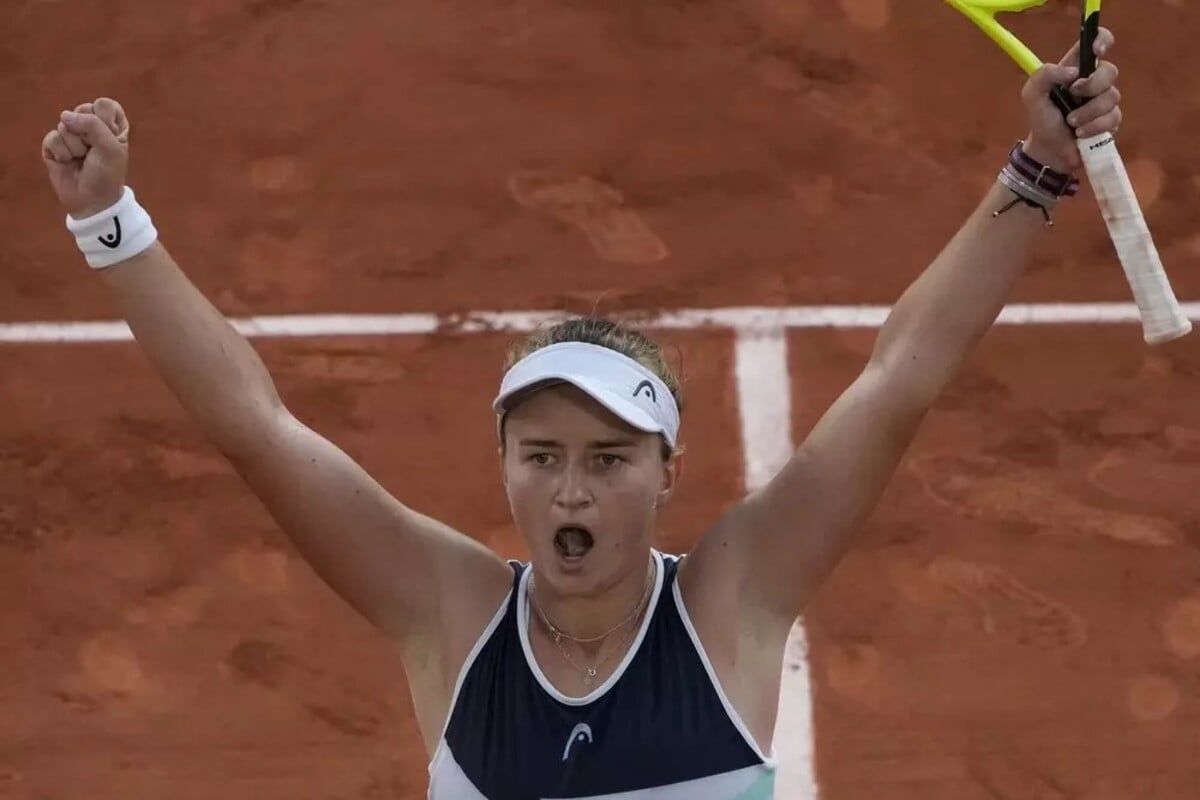
Can you take a break from tennis too? Not only physically but also mentally? To not follow the leaderboards or other matches?
This is the mood I am in right now. Because of my injury, I don't watch tennis at all and I don't know who's playing.
Do you rest while watching other sports?
Certainly. We watched the Winter Olympics in February, for example. We were just preparing in Dubai and we cheered on Ester Ledecká and Martina Sáblíková. When the speed skating was on, we sat on the beach, played it on our iPad, and pushed Martin to the medal with our eyes. I generally like sports. I received invitations to various sporting events, so I learned something a little different and met people from various sports.
You mentioned several times during the interview that you are trying not to put any pressure on yourself. But in a few weeks you will be defending two victories at the French Open. Don't you feel any nervousness in regards to this?
Not yet, but I think it will come just before the tournament. There are only two options, either I defend the title or not. And if I don't defend it, Wimbledon is two weeks after and I will try to succeed there. Nothing groundbreaking will happen. There is no need to be stressed.
You are currently at home with an elbow injury. Will you have time to play any matches before Roland Garros in May?
I believe so, maybe I'll start soon. I'm getting better, so I'm looking forward to getting the green light and being able to start training. Then I'll go to a tournament as soon as possible.
You are at the height of your career, but do you ever think about what will happen after? Will you want to stay with tennis in some way, or can you imagine starting your next chapter without it?
I don't know at all. I don't think about it. I just started to play singles well, so I would definitely like to continue and play for a few more years. I haven't figured out what will happen when I finish.
What does this sport mean to you?
When you say the word tennis, I have a lot of things on my mind. Tennis is a challenge and a passion that I enjoy. I also think of the travel that comes with it. I'm in a different place every week, and even though I don't have much time to get to know all those cultures, I love to travel and it's a really nice experience for me.
Maybe someone has a dream like yours, maybe in tennis, and maybe they will read this interview. What is Bára Krejčíková's recipe for success?
The most important thing is to enjoy it. When you do something you don't enjoy, success never comes. It is also important to be healthy, to take care of yourself not only physically but also mentally. You can't tell an eight-year-old to just win. Such a child should mainly enjoy the sport and not deal with wins or losses. Focus on winning should come much later. The children need to around sixteen or seventeen, gradually moving to 'big tennis'.
Family is the key, not only when it comes to sports, but in life in general. My parents gave me so much, without them I would never have gotten this far.
The most important thing is being healthy, enjoying the sport. If they really want to do it, and if they want to reach the top, they have to be prepared to sacrifice a lot. This also applies to their family. For example, my parents paid a lot of attention to me, they have gone through everything with me. It became a lifestyle for the whole family.
So family was very important to you.
Absolutely. Family is the key, not only when it comes to sports, but in life in general. My parents gave me so much, without them I would never have gotten this far. I am where I am, thanks to their commitment. I realise all of this now, and I am immensely grateful.
If problems persis, please contact administrator.

